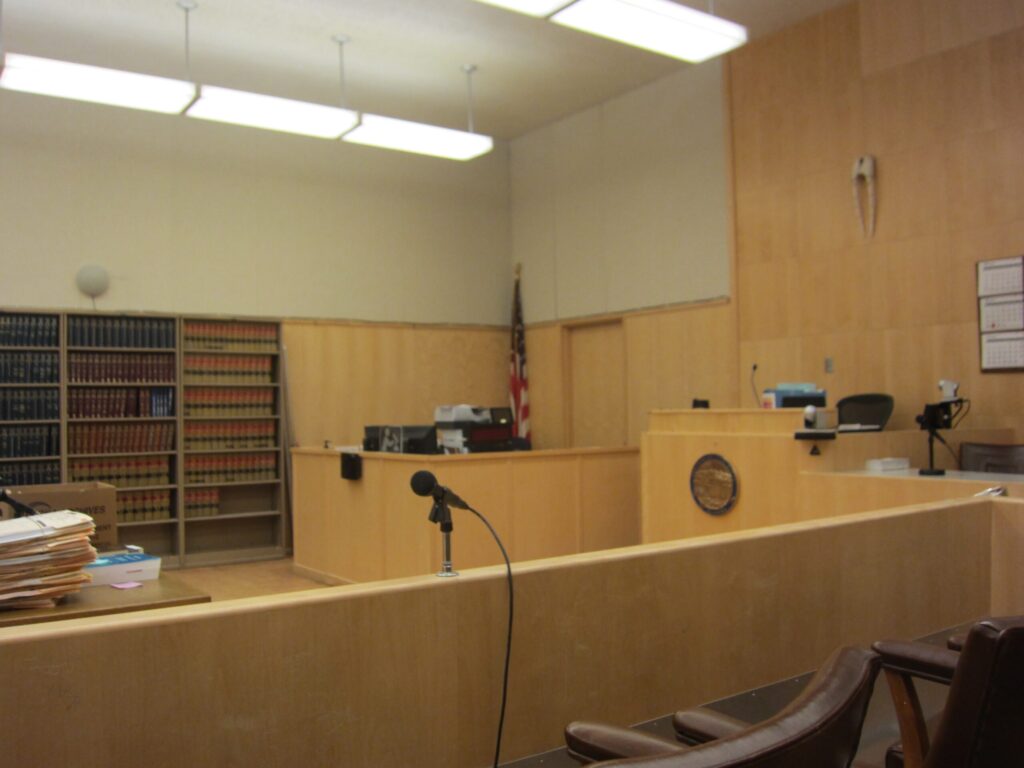After facing a slew of charges alleging professional misconduct, Nome Superior Court Judge Timothy Dooley has responded to the allegations, denying any wrongdoing or any pattern of behavior unbecoming a judge.
In late May the Alaska Commission on Judicial Conduct (the state body charged with oversight of judges and courts) cited Judge Dooley for six incidents the commission said may have violated codes of professional conduct.
The commission highlighted statements made by the judge during court hearings—which can be heard in full in a KNOM story last month—that the commission said potentially violates state law, and the state’s code of conduct for judges, by showing “insensitivity” to victims, witnesses, and others in both criminal and civil cases.
The complaint was based on multiple anonymous reports submitted from May of 2013 through September of last year.
In a formal response filed last month, attorney William Satterberg, representing Judge Dooley, acknowledged the judge did indeed make the statements in court. The response goes on to say Judge Dooley “specifically denies” he engaged in a “pattern of conduct” that violates state laws or behavior standards for judges.
In the filing Judge Dooley asked “the complaint be denied in its entirety” and requested the issue be subject to a hearing in Nome. Further, the judge asserted the hearing be held before an “independent panel,” calling the “existing panel” of the commission “predisposed” and “no longer … impartial.”
The commission apparently rejected Judge Dooley’s request for a Nome hearing. In late June the group ordered a December hearing—in Anchorage—where the judge will confront the complaints (complete with witnesses and evidence) before the nine members of the commission.
If the complaints prove valid, commission director Marla Greenstein said Judge Dooley could face three possible punishments: a formal and public admission of wrongful conduct, a suspension from office, or (most severely) removal from office.
The decision will ultimately be heard, and enforced, by the Alaska Supreme Court.







